Jasmin Graham is the author of Sharks Don't Sink: Adventures of a Rogue Shark Scientist. She spoke at The Lynx and it was a wonderous evening. Frankly, I'd decided to attend in part because of her photo: she's an African American, not thin, marine biologist. That doesn't happen often. Which turned out to be part of her story. And beside her was another African American shark scientist: Carlee Jackson! Anyway, Jasmin ended up dropping out of her PhD program and forming a nonprofit "MISS," Minorities in Shark Sciences with Carlee and two others. (This is way simplified.)
Their webpage says "Science is for everyone... but it hasn't always been. MISS was founded because the 4 co-founders regularly felt alone and unwelcome in marine and shark science. As Black and mixed race women, they were often one of a few people of color in their higher-ed STEM classes. With that in mind, they founded MISS with the hopes of making it so no one who came after them has to feel as they did.” Donate
And now Jasmin Graham gets to decide on her own areas of research of which there are many. But the one that made my jaw hang open was the one she picked so she'd get to use a manned submersible. I don't remember the topic of the research. That wasn’t the important part to me. When I started writing sometimes I'd think "what can I write that if I got famous for it, I'd be offered a ride deep into the ocean on one of those submersibles and see a vampire squid or 400-year-old Greenland shark? I never did that. Jasmin Graham did.
One of my childhood dreams was to be a marine biologist. Yes, it was Sea Hunt, a TV program where Lloyd Brides is a scuba diver (when scuba diving was new) who rescues spacecraft, sunken treasure, and starlets. And he'd end his program with a plea for us kids to help save the world's oceans.
It was the 1960s, and I was a little white girl who used crutches and wore leg braces. Nothing was expected of me. Nothing was encouraged. No one ever said, "what a great dream, let me tell you how to achieve it." I sobbed at points in the above video—both in excitement for the participants but also in a mourning for my own young self.
A quarter of a century later, I moved to Florida very near (coincidentally?) where much of Sea Hunt was filmed. I learned to kayak and sometimes I’ve paddled alone in the shallow grass flats near Flamingo and been surrounded by the flip and splash of small sharks. Still, at first I wanted to learn to scuba dive. But that takes money and this was just when I had stopped working and was living on a monthly SSDI check.
But a snorkel and some basic goggles didn't cost much. I saved up. I'd known I had a gag reflex from dentists and trying to wear a mouth guard learning karate, but I decided willpower and the desire for a dream fulfilled would let me tolerate that mouthpiece. It didn't. I asked around and googled. It seems bad gag reflexes aren't accidents, genetics, or just the luck of the draw. Something bad happened.
Cynthia Barnett is an environmental journalist who writes books about water and climate change. Her most recent book is The Sound of the Sea: Seashells and the Fate of the Oceans. She told me she learned to scuba dive in order to research her writing and gave me the name of her instructor. She encouraged me. And I'd had cataract surgery, as we old people do, and that meant I had perfect far vision now and wouldn't need prescription lenses anymore. Soon after, Pam and I were strapping down the kayaks after a trip and I saw a guy across the parking lot loading up his students' scuba gear. I tossed my lapful of paddles in the trunk and rushed over to him and asked if I could try one of the mouthpieces. I figured he wouldn't mind the interruption since he must welcome new business.
Which I would have given him if I hadn't had to snatch that thing out of my mouth and turn away so I could work at not vomiting in front of him. He said these days they made face masks that didn't require a mouthpiece. After the unloading and stowing of our gear, after a shower, and then ensconced in bed to begin my day or two of post-kayaking rest time, I researched this promising advancement. Sigh. I mean, I have more money now than I did thirty years ago, but not that much more.
But there are face mask snorkels! You bet I ordered one. They come with cautions and some guided snorkel tours in Florida and all of Hawaii won't let you use them, but I've decided that as long as I don't dive and submerge the snorkel, the whole carbon-dioxide-build-up-might-kill-me doesn't come into play.
We went to Fanning Springs where they have a lift to get you in and out of the water. I floated along face down, rump up over the head spring again and again. It's not rescuing downed satellites or researching whales or studying the small creatures that live off the chemical energy of the hydrothermal vents of undersea volcanoes. (In which I would fulfill the driving a manned submersible fantasy.) But the ancient logs crisscrossed over layers of rocks opening into the caves, the turtles kicking by, the small fish, the glitter of light everywhere thrilled me. And manatees wandered by. I scurried over to the edge to stay out of their way.
So, this essay has wandered away from Jasmin Graham, Rogue Shark Scientist. But not really, right? Nothing much was expected of her. Nothing much was encouraged. Best I can tell, no one ever said to her, "what a great dream, let me tell you how to achieve it." But unlike me this young woman in these times which includes community through social media found her way and found her people. She has a determination that I didn’t have.
Except that I also became determined once I had a focus. That I was in my forties and not my twenties like her, is of no never mind. I became a writer. I found my own way in a world where "those of us who enter the hurly-burly of literary community later in life . . . can feel body checked by a world where it helps to know someone except we don't know who that is, where we are routinely embarrassed, even humiliated, and where responses can seem elitist or snobby" (From the essay "Old Lady Dabbler.")
Before hearing Jasmin Graham share her own story, my standard response to people asking where I got my MFA was to say, "Oh, I don't have any sort of academic background in writing." If you think about it, this is problematic. I'm describing myself in the negative. And perhaps I say it in a duck and cover way in case they find out that I don't know the difference between modern and postmodern literature or a pre-apology if they notice that I've read very little of "the canon." It can also be one of those annoying humble brags in response to someone being impressed by my writing getting a nomination or good review or published in a coveted journal. At its worse, depending on context, it can be an aggressive, even mean thing to say: Oh, look at what I've accomplished without any of that fancy learning that you are still paying off loans for.
But now I'm thinking I should call myself a "rogue writer." I don't say it out loud. Yet. And it doesn't have any of the sweet alliteration or verbal panache of "rogue shark scientist," but it's a helpful reframing. Thank you, Jasmin Graham.
Audio Version:

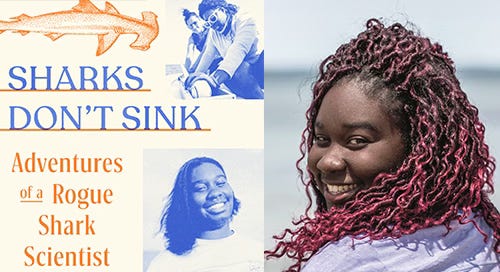



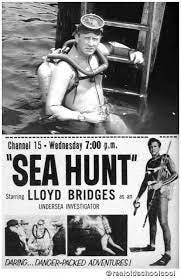
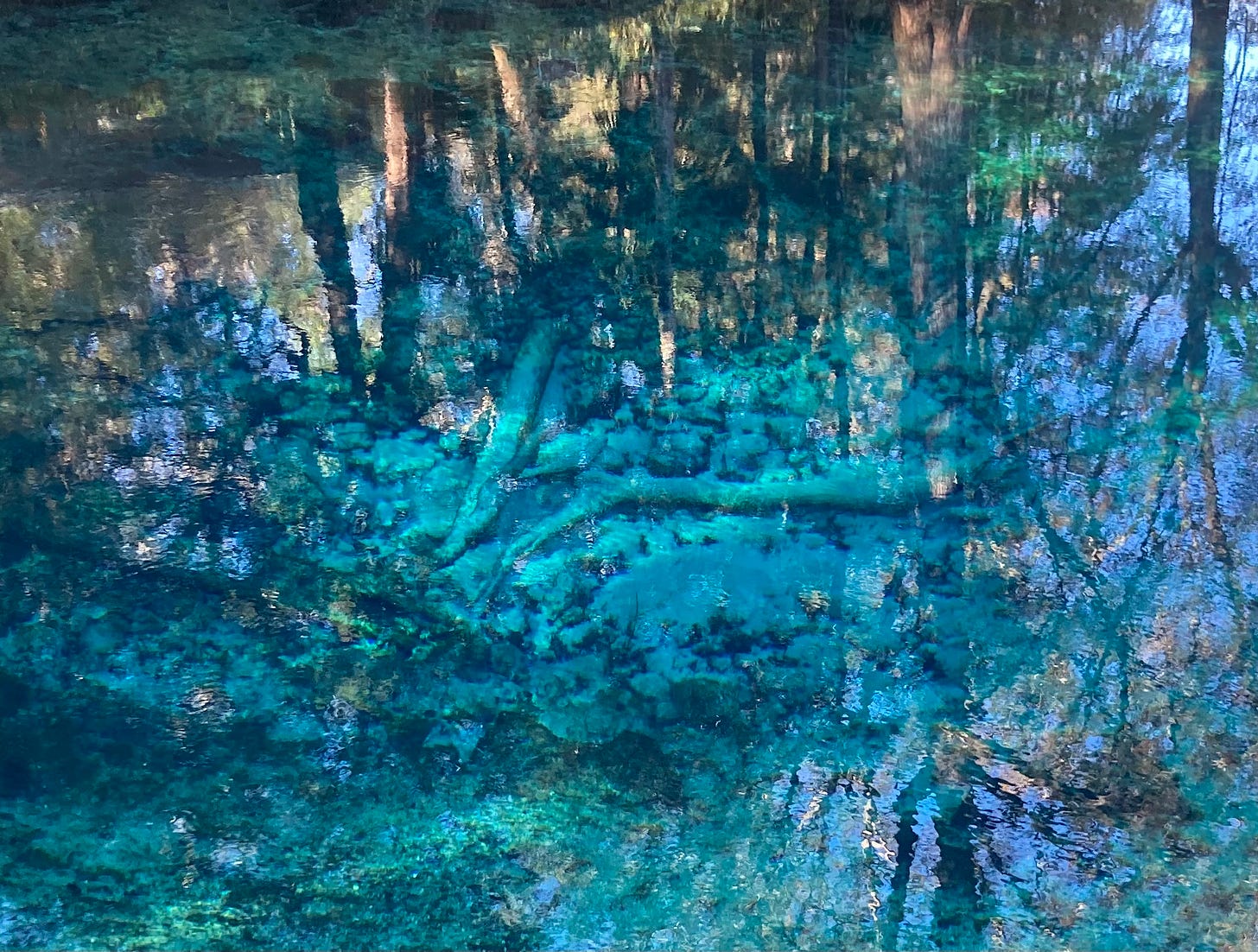
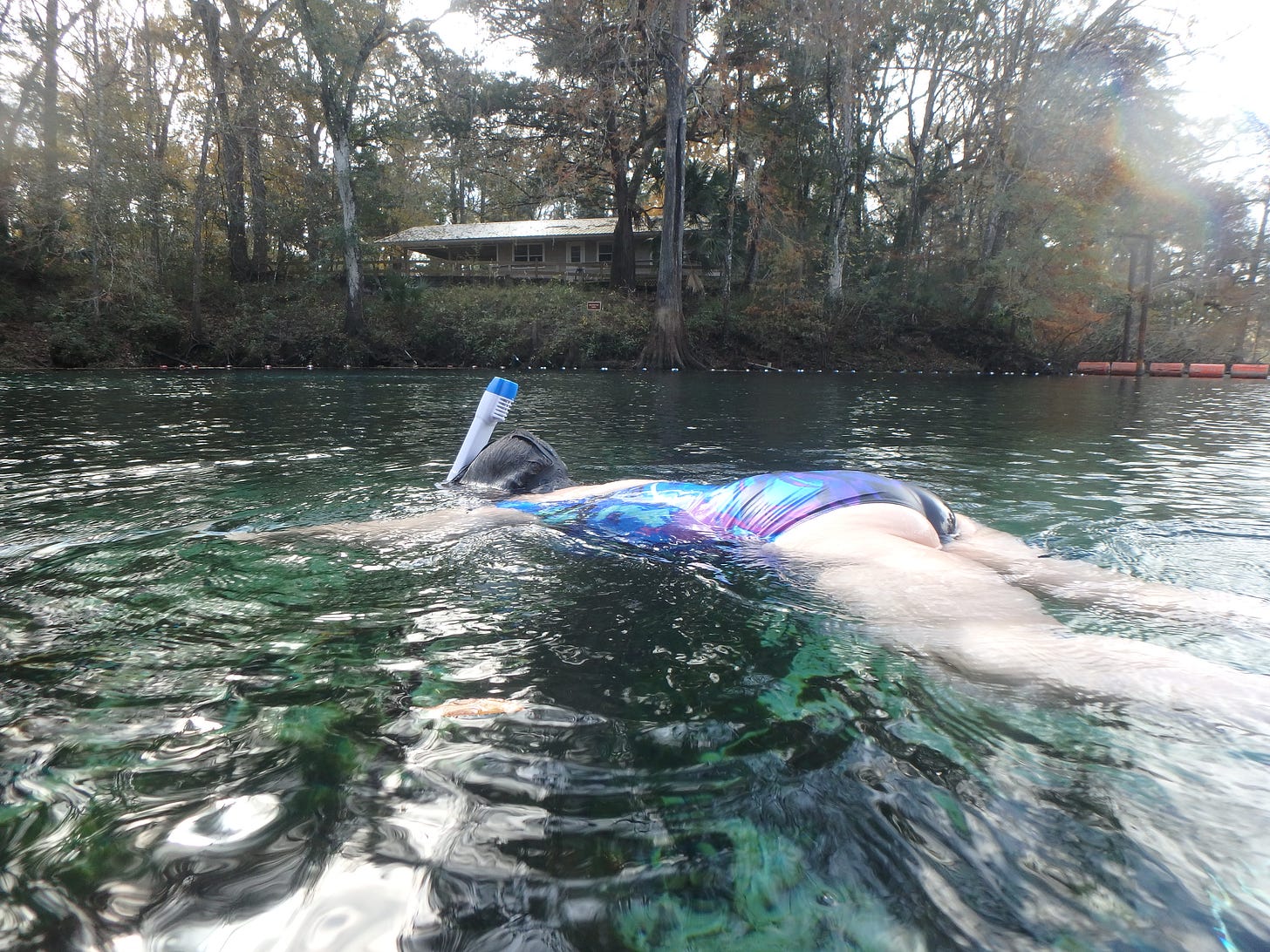
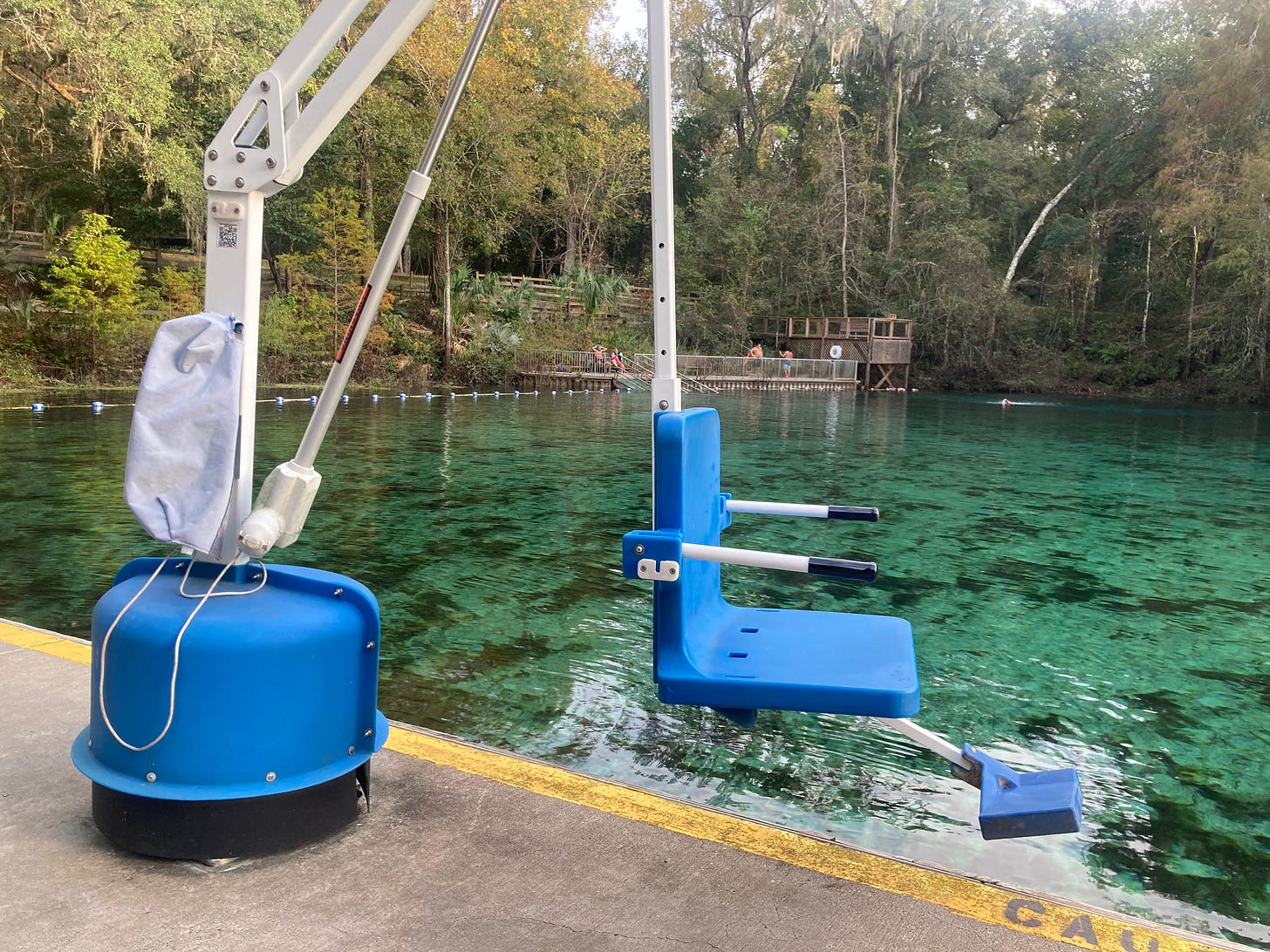
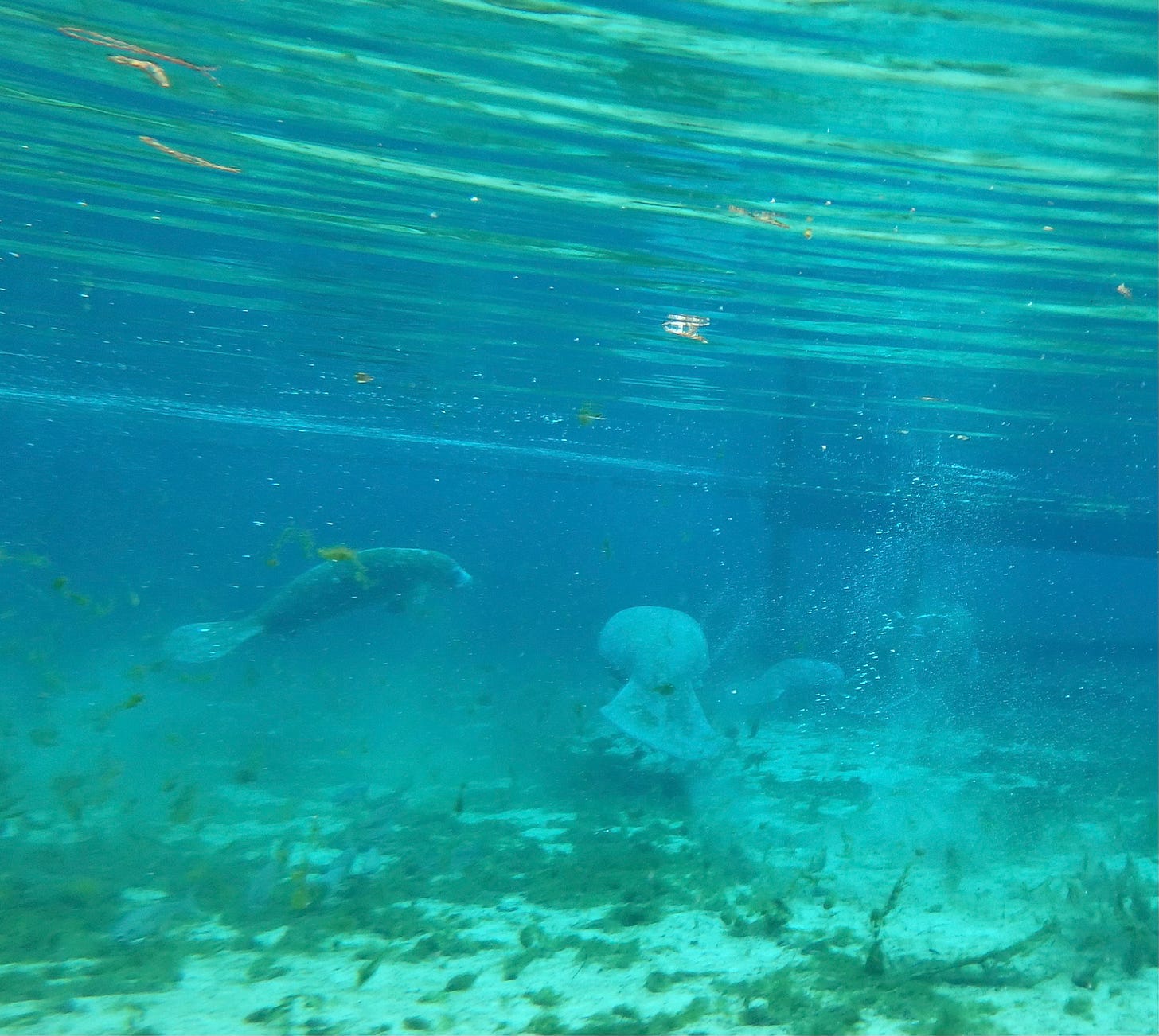
"Rogue writer" has some fine alliteration to it!
Loved reading this and your finely tuned argument about intersectionality. How's that for academic-speak? Also kicking myself for not going to the Rogue Shark Scientist event with you.
"Rogue writer" is great! Thanks for a fascinating and inspiring essay.